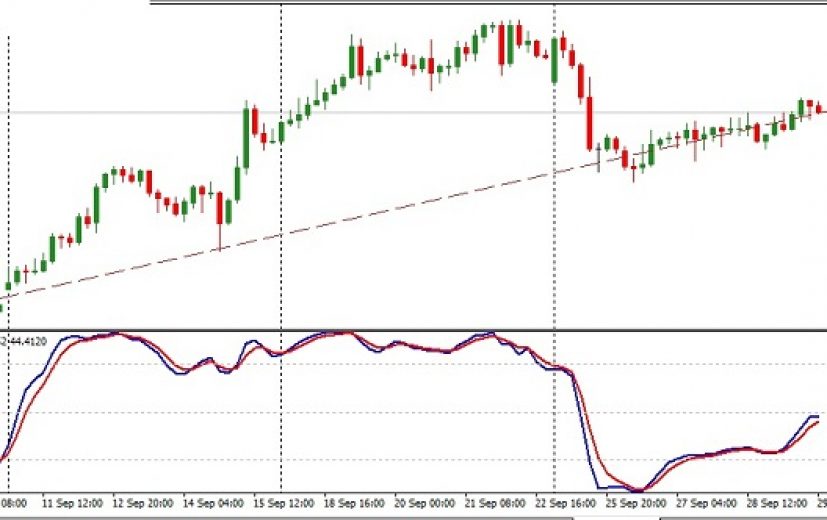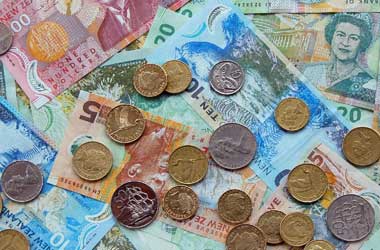 The improvement in the Euro zone economy over the past few months has strengthened the Euro considerably against the G10 currencies. Surprisingly, the Euro did not give much of a ground even to the Yen, a safe haven currency, when geopolitical tensions increased due to North Korea’s missile and hydrogen bomb tests.
The improvement in the Euro zone economy over the past few months has strengthened the Euro considerably against the G10 currencies. Surprisingly, the Euro did not give much of a ground even to the Yen, a safe haven currency, when geopolitical tensions increased due to North Korea’s missile and hydrogen bomb tests.
However, last week, the EUR/JPY pair declined by about 150 pips to trade at 132.80 levels, after Mario Draghi – the ECB President – expressed his concern over the probable negative impact of a stronger Euro on the Euro zone economy. Still, we expect the EUR/JPY pair to remain bullish due to reasons given below.
A series of weak economic data were released by various government organizations in Japan on Friday. According to the Statistics Bureau, the Japan household spending increased 0.6% y-o-y in August, but missed analysts’ expectations of a 1% growth. In July, the household spending declined 0.2%.
euronews (in English)
Likewise, retail sales increased by a modest 1.7% in August, versus 2.5% anticipated by economists, and below the earlier month growth of 1.8%. The housing starts also declined unexpectedly in August, according to the data released by the Ministry of Land, Infrastructure, Transport, and Tourism. Housing starts declined by 2% y-o-y, compared with a 2.3% decline in July. Analysts were expecting a 0.7% rise in housing starts in August. On an annualized basis, housing starts decreased to 942,000 units in August, from 974,000 units in the earlier month. Economists had expected a level of 970,000. Furthermore, the construction orders received by 50 big contractors fell 10.5% annually, reflecting a reversal from the 14.9% growth recorded in July. While the poor economic data weakened the Yen, upbeat job data kept the Euro bullish.
The Federal Employment Agency stated that the jobless claims declined by 23,000 in September, on a m-o-m basis, after adjusting for seasonal swings. The Wall Street Journal’s economists’ had estimated the jobless claim to decline by 5,000. Last month, the number of jobless claims decreased by 6,000. The jobless rate of 5.6% in September is the lowest since 1992. Thus, economic data favor a rally in the EUR/JPY pair.
The EUR/JPY pair is moving along the ascending line, as shown in the price chart below. The stochastic oscillator is out of the bearish zone and has started rising. Thus, we can expect an uptrend in the EUR/JPY currency pair.
To gain from the forecast, we wish to take a long position near 132.60, with a stop loss order below 131.80. An order to book profit will also be placed near 135.30 where the next resistance is expected.
In the binary market, we may also buy a call option to capitalize on the projected uptrend. We would like to enter when the pair trades near 132.60. Furthermore, a date around October 10th will be selected for the expiry of the option.





